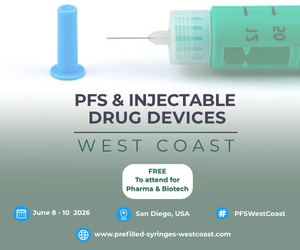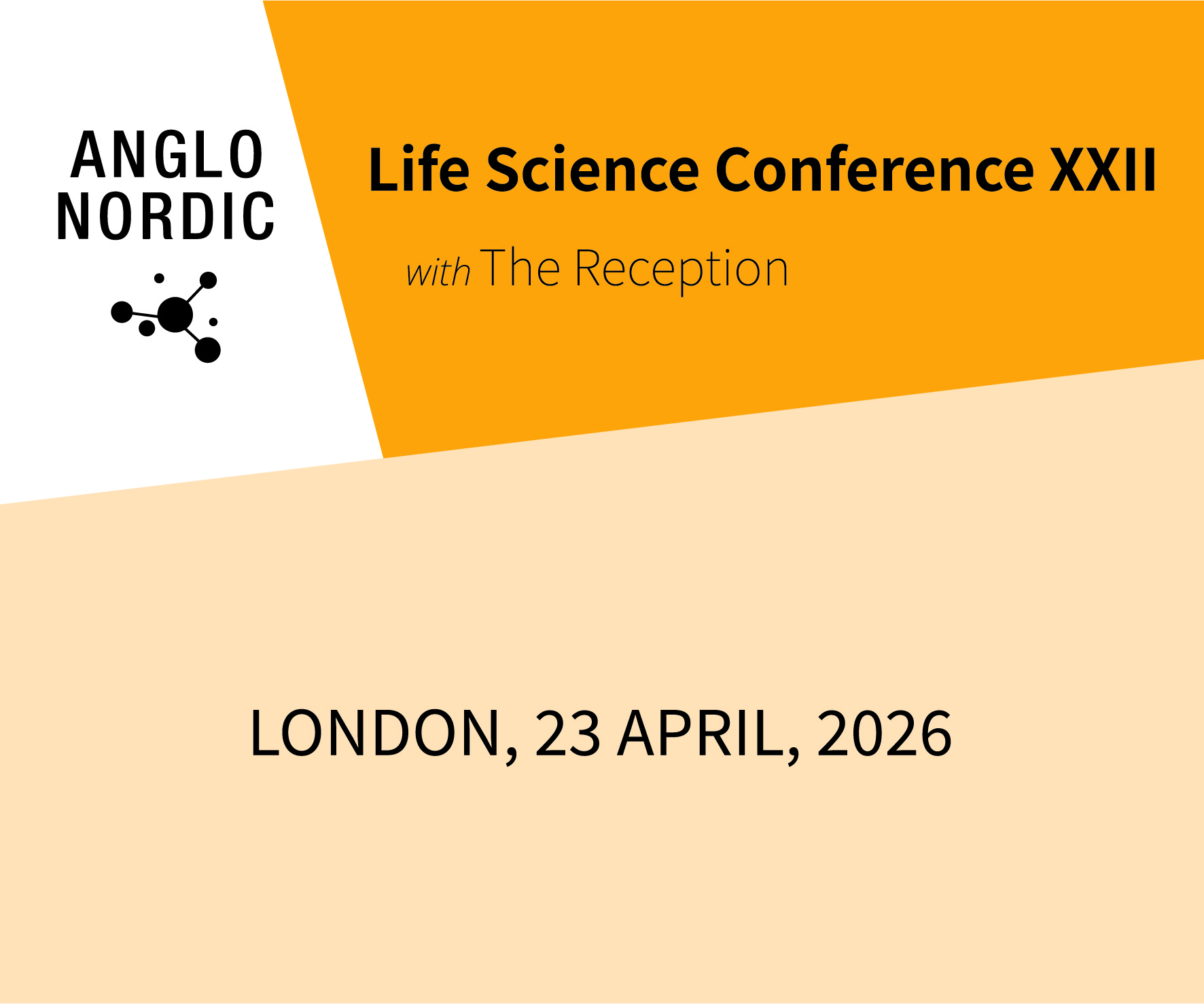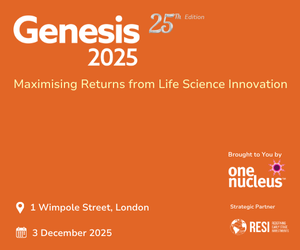Mass spectrometry (MS) has long been a cornerstone analytical technique in the pharmaceutical and biopharmaceutical industries. Its ability to provide detailed molecular information has made it indispensable in the development, characterisation, and quality control of complex biological products. As the landscape of therapeutics evolves to include biologics, cell and gene therapies, and nucleic acid-based treatments, MS continues to adapt, offering solutions to emerging analytical challenges.
For those seeking a deeper technical insight into this topic, my colleague, Dr. Milena Quaglia, has written a comprehensive review article on the evolution of mass spectrometry for the analysis of bioproducts, which is available on the RSSL website. Readers are encouraged to refer to that article for more detailed discussion and reference information.
Biopharmaceutical Foundations
Traditional biologics, such as monoclonal antibodies (mAbs), remain a critical part of pharmaceutical pipelines. Characterisation of these large and heterogeneous molecules requires detailed structural information to confirm identity, assess post translational modifications, and evaluate stability. MS plays a pivotal role here through peptide mapping, intact mass analysis, and glycan profiling.


























